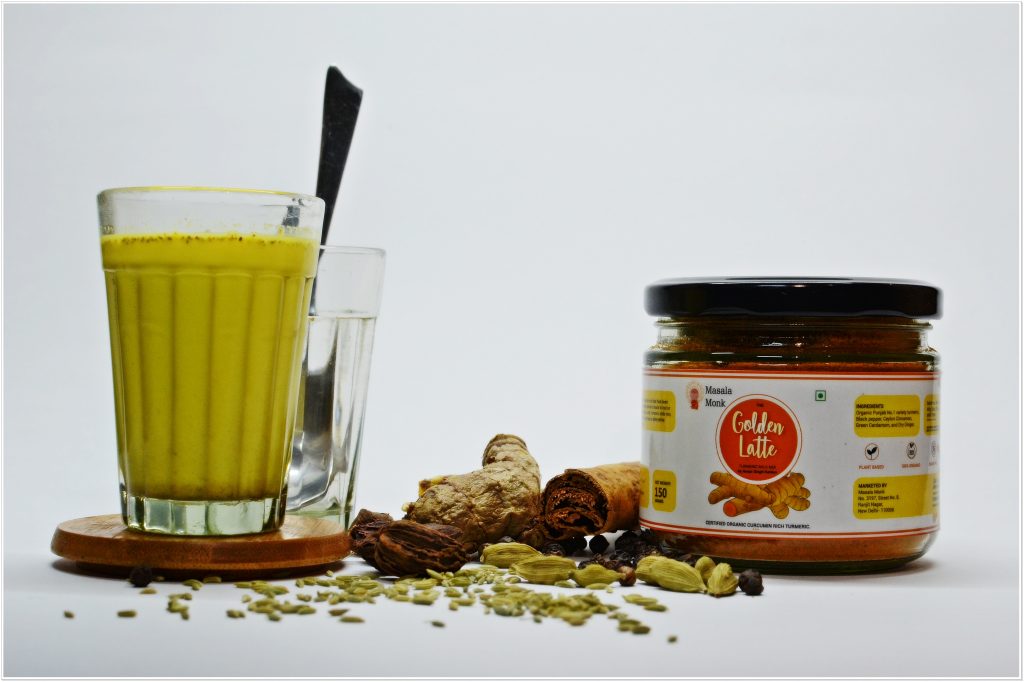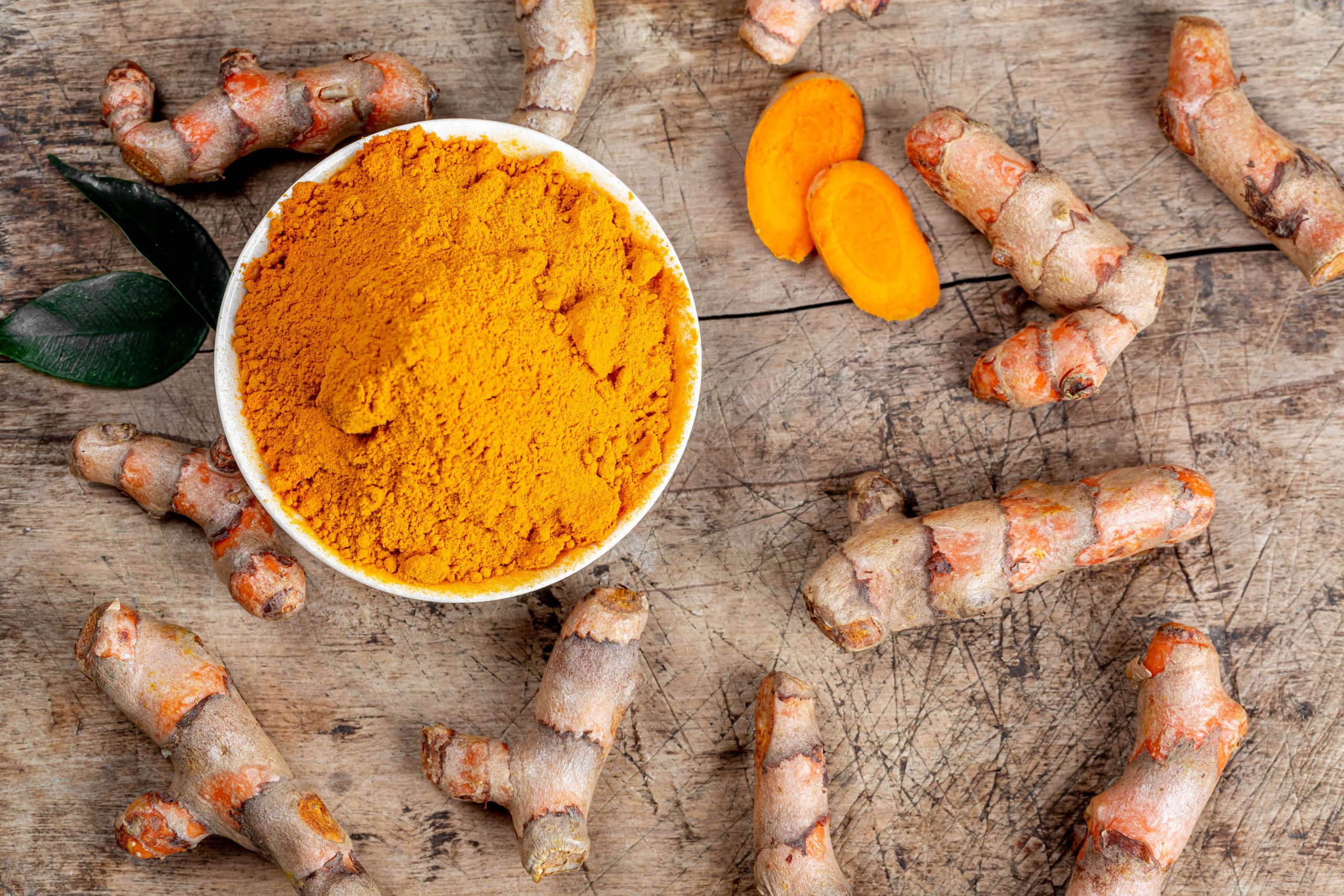
Psoriasis is a chronic skin condition that causes red, scaly patches on the skin. It can be uncomfortable, itchy, and sometimes painful. While there is no cure for psoriasis, there are various treatments available to help manage the symptoms. One natural remedy that has gained attention in recent years is turmeric. But is turmeric good for psoriasis? Let’s delve into the science and find out.
What is Turmeric?
Turmeric is a spice commonly used in Asian cuisine, particularly in Indian curries. It’s known for its vibrant yellow color and distinct flavor. But turmeric is more than just a culinary ingredient. It has been used for centuries in traditional medicine for its potent anti-inflammatory and antioxidant properties, thanks to the active compound, curcumin.
Turmeric and Psoriasis: The Connection
The connection between turmeric and psoriasis lies in the anti-inflammatory properties of curcumin. Psoriasis is an inflammatory condition, and curcumin can help reduce inflammation in the body. This is why turmeric is often recommended as a natural remedy for psoriasis.
Research has shown that curcumin can help reduce the production of certain chemicals in the body that trigger inflammation. It also has antioxidant properties, which means it can help protect the skin cells from damage.
How to Use Turmeric for Psoriasis
There are several ways to use turmeric for psoriasis:
- Turmeric Paste: You can make a paste by mixing turmeric powder with water and applying it directly to the affected areas of your skin. Leave it on for about 15 minutes before rinsing it off. Be aware that turmeric can stain your skin yellow, but this is temporary and will fade.
- Turmeric Supplements: These are available in capsule form and can be taken orally. It’s important to talk to your doctor before starting any new supplement regimen.
- Turmeric in Your Diet: Incorporating more turmeric into your diet is another way to take advantage of its benefits. You can add turmeric to your meals or make a turmeric tea or smoothie.
The Science Behind Turmeric and Psoriasis
Several studies have looked into the effects of turmeric on psoriasis. One study published in the Iran Journal of Pharmaceutical Research found that a topical turmeric microemulgel helped reduce the severity of psoriasis symptoms in patients. Another study found that curcumin, the active ingredient in turmeric, could potentially inhibit the growth of psoriasis-causing cells.
While these findings are promising, more research is needed to fully understand the effects of turmeric on psoriasis. It’s also important to note that while turmeric may help manage psoriasis symptoms, it should not replace traditional psoriasis treatments.
Precautions and Side Effects
While turmeric is generally safe for most people, it can cause side effects in some cases. These can include stomach upset, nausea, dizziness, or diarrhea. If you’re considering taking turmeric supplements, it’s important to talk to your doctor first, especially if you’re pregnant, breastfeeding, or have any medical conditions or are taking any medications.
Conclusion
Turmeric, with its anti-inflammatory and antioxidant properties, offers a natural way to help manage psoriasis symptoms. Whether you choose to apply it topically, take it as a supplement, or incorporate it into your diet, turmeric could be a beneficial addition to your psoriasis treatment plan. However, it’s important to remember that while turmeric can help manage symptoms, it’s not a cure for psoriasis. Always consult with your healthcare provider before starting any new treatment.
FAQs
1. Is turmeric good for psoriasis? Yes, the anti-inflammatory properties of turmeric can help reduce the inflammation associated with psoriasis. However, more research is needed to fully understand its effects.
2. How can I use turmeric for psoriasis? You can use turmeric for psoriasis by applying a turmeric paste to the affected areas, taking turmeric supplements, or incorporating more turmeric into your diet.
3. Are there any side effects of using turmeric for psoriasis? While turmeric is generally safe for most people, it can cause side effects such as stomach upset, nausea, dizziness, or diarrhea in some cases.
4. Can turmeric cure psoriasis? No, turmeric cannot cure psoriasis. It can help manage the symptoms, but it should not replace traditional psoriasis treatments.
5. Can I use turmeric if I have psoriatic arthritis? Yes, the anti-inflammatory properties of turmeric can also be beneficial for psoriatic arthritis. However, you should always consult with your healthcare provider before starting any new treatment.
6. Can I use turmeric alongside my current psoriasis treatment? Yes, turmeric can be used alongside your current psoriasis treatment. However, you should always consult with your healthcare provider before starting any new treatment.
7. How long does it take for turmeric to work on psoriasis? The effects of turmeric on psoriasis can vary from person to person. Some people may see improvements in their symptoms within a few weeks, while others may take longer.
8. Can I use turmeric for psoriasis on my scalp? Yes, you can use a turmeric paste on your scalp. However, be aware that turmeric can stain your skin and hair yellow.
9. Can I use turmeric for psoriasis on my face? Yes, you can use a turmeric paste on your face. However, be aware that turmeric can stain your skin yellow.
10. Can I use turmeric for psoriasis on my hands and feet? Yes, you can use a turmeric paste on your hands and feet. However, be aware that turmeric can stain your skin yellow.
11. Can I use turmeric for psoriasis on my nails? Yes, you can use a turmeric paste on your nails. However, be aware that turmeric can stain your nails yellow.
Tags: Turmeric, Psoriasis, Natural Remedies, Curcumin, Anti-Inflammatory, Antioxidant, Skin Health, Psoriatic Arthritis, Turmeric Paste, Turmeric Supplements, Diet, Black Pepper, Piperine.












